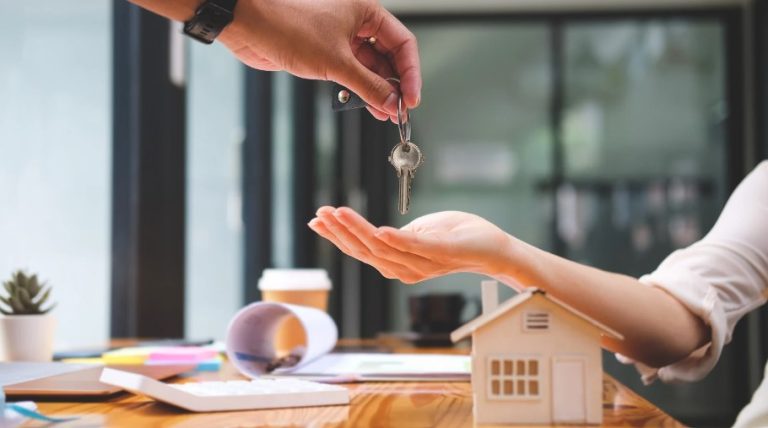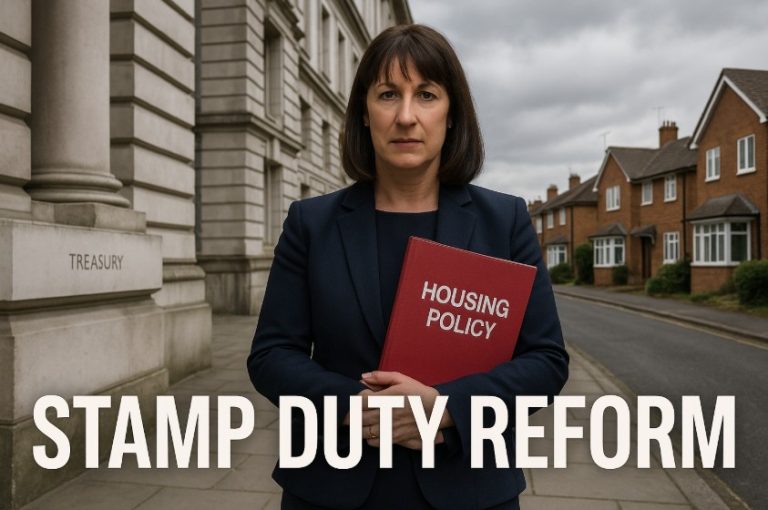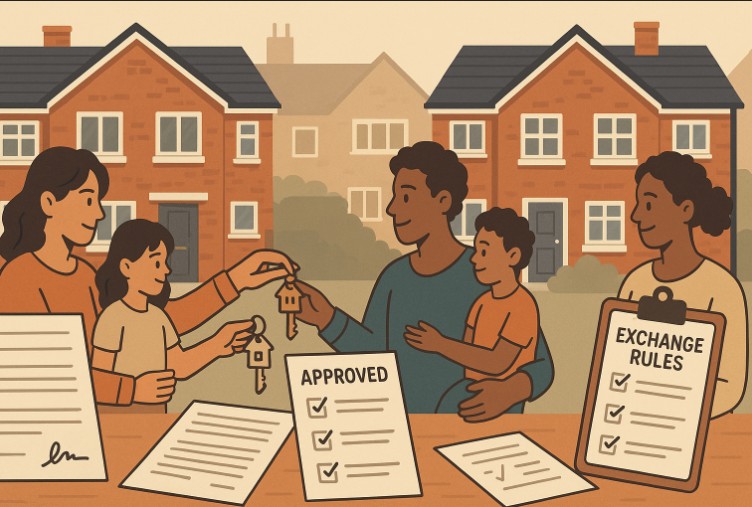In England and Wales, the matrimonial home is the house where a married couple or civil partners live. It’s not just about who owns it. Matrimonial home rights give the non-owning spouse the right to stay in the home, even if they don’t have legal ownership. These rights protect the non-owning spouse, especially during divorce or separation.
Both spouses have the right to stay in the home, no matter who owns it. This means the other spouse can’t be forced out without a court order. These rules apply whether the property is owned outright, on a mortgage, rented, or given by a local authority.
Understanding Matrimonial Home Rights
The matrimonial home is the property where a married couple or civil partners live together. It’s known as the marital or family home. Matrimonial home rights give legal protection to both spouses or civil partners, even if only one owns the property. These rights mean the non-owning spouse can live in and use the home, even if they don’t own it.
Definition of Matrimonial Home
The matrimonial home is where a married couple or civil partners make their family life. It’s their main home and where they live together. Matrimonial home rights protect both spouses or civil partners. They make sure the non-owning spouse can live in and use the property, even if they don’t own it.
Legal Protection for Non-Owning Spouse
- Matrimonial home rights protect the non-owning spouse, stopping them from being evicted without a court order.
- These rights are key in divorce or separation cases. They keep the non-owning spouse and any kids safe, preventing them from being homeless while decisions are made about the property.
- If one spouse owns the home and the other doesn’t, the non-owner still has rights. They can live in the home and can’t be forced out without an occupation order.
- Unmarried or civil partnership couples have similar rights to the matrimonial home as married couples.
Matrimonial home rights make sure both spouses or civil partners have equal rights to the home, even if only one owns it. These rights protect the non-owning spouse from eviction and provide stability during divorce or separation.
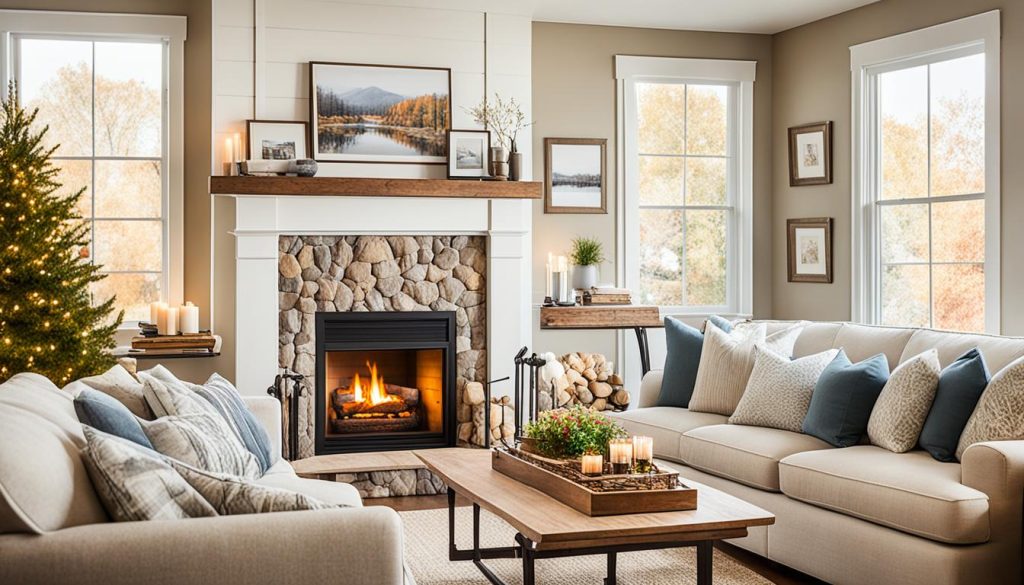
Registering Matrimonial Home Rights
To make sure matrimonial home rights are valid, you must register them at the Land Registry. You need to fill out a Form HR1 with details like the property address, owner names, and marriage or civil partnership date. After submitting the form and paying the fee, the rights get registered on the property’s title. This legal notice warns anyone with an interest in the property.
How to Apply for Matrimonial Home Rights?
Applying for matrimonial home rights depends on the property’s status. For unregistered properties, use form K2. For registered ones, use form HR1. You might have to pay a fee, as per HM Land Registry fees.
Importance of Registration
Registering these rights is key to making sure the non-owning spouse’s rights are legal and can be enforced. Without it, the owning spouse could sell or mortgage the property without the other’s say-so. This could lead to the non-owning spouse losing their home. Registration also means the non-owning spouse must agree to any changes in the property’s ownership, offering more protection.
- In cases where both spouses are joint legal owners of a matrimonial home, no matrimonial home rights need to be registered.
- When only one spouse is the registered legal owner of the property, the non-owning spouse’s matrimonial home rights can be registered.
- Upon successful registration, the applicant and the registered proprietor of the matrimonial home will receive confirmation of the registration.
- Registering matrimonial home rights does not equate to equal ownership of the property; it safeguards the right to occupy the property only.
Matrimonial home rights protect a spouse without legal ownership from being evicted if they separate or divorce. By registering these rights, the non-owning spouse’s rights are shown on legal documents. This stops the property from being sold without their okay.
| Registered Property | Unregistered Property |
|---|---|
| Complete Form HR1 | Complete Form K2 |
| Register home rights on the property’s title register | Register a notice of matrimonial home rights |

Property Ownership in Matrimonial Home Rights
It’s important to know that having matrimonial home rights doesn’t mean you own the property. These rights protect the non-owning spouse’s right to live in the home during divorce or separation. They don’t give them ownership.
The non-owning spouse’s right to stay in the home is key to making sure they and their kids have a place to live while sorting out the property. But, the property’s ownership stays with the legal owner. The non-owning spouse can only occupy the home.
Rights vs Ownership
Matrimonial home rights are not the same as owning property. They protect the non-owning spouse’s right to live in the home but don’t give them an ownership stake. How the property is split, including the family home, is decided during divorce.
If both spouses own the home together, no extra rights need to be registered. But if only one owns it, the other can register their right to live there.
| Scenario | Matrimonial Home Rights | Property Ownership |
|---|---|---|
| Joint Legal Ownership | No additional registration required | Both spouses have equal ownership interest |
| Single Legal Ownership | Non-owning spouse can register their matrimonial home rights | Only the registered owner has legal ownership of the property |
Knowing the difference between matrimonial home rights and owning property helps people deal with divorce better. It makes sure their legal rights are looked after, even if they don’t own the home.

Eviction and Matrimonial Home Rights
Matrimonial home rights protect both spouses, but they’re not foolproof. Eviction can happen under certain conditions. For example, if a couple gets divorced or their civil partnership dissolves, the court might order the property sold or tell one person to leave. This is to ensure a fair split of assets.
Another reason for eviction could be domestic violence. In such cases, the court might give an Occupation Order. This means one person could be forced out of the home.
Circumstances Allowing Eviction
Even with matrimonial home rights, there are times when eviction is allowed:
- Divorce or Dissolution of Civil Partnership: The court might sell the property or ask one person to leave to settle finances fairly.
- Domestic Violence: In rare cases, an Occupation Order can be given. This might mean one person has to leave the marital home due to violence.
The court looks closely at each case before deciding on eviction. They aim for a fair solution for everyone.
| Circumstance | Explanation |
|---|---|
| Divorce or Dissolution of Civil Partnership | The court may order the sale of the property or require one party to vacate the matrimonial home to facilitate a fair financial settlement. |
| Domestic Violence | In exceptional cases, the court may grant an Occupation Order, which can result in the eviction of one party from the matrimonial home due to domestic violence concerns. |
Matrimonial home rights are strong, but they don’t stop eviction completely. The court’s main goal is fairness. This might mean one person has to leave, especially in divorce, dissolution, or domestic violence cases.
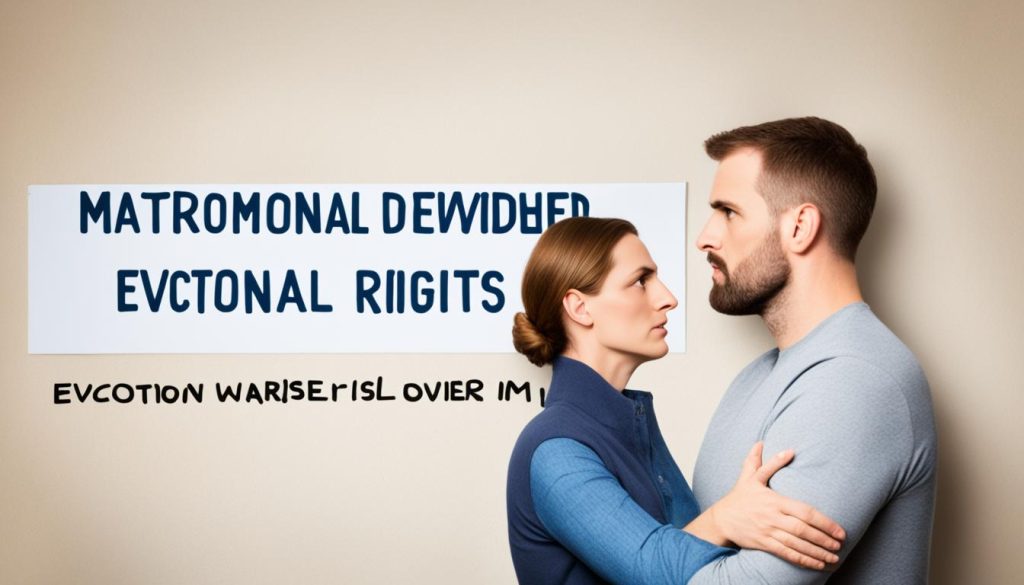
Role of Family Law Solicitors
Dealing with matrimonial home rights can be complex. That’s why getting advice from a family law solicitor is key. They offer guidance and legal help to those looking to protect their rights.
Family law solicitors are experts in the legal side of the family home. They help people understand their rights and what they must do. They also help in talks with a spouse or partner, making sure the other person’s rights are looked after.
If there’s domestic violence, a family law solicitor is crucial. They can help get an Occupation Order. This order gives the right person the exclusive right to live in the home, keeping the abuser out.
They also help with dividing property and sorting out finances after a divorce. Their knowledge is key to getting a fair deal, either through talking or going to court.
Working with a family law solicitor helps people understand their rights and legal options. This expert advice is vital for protecting interests and finding the best solution during tough times.

| Key Benefits of Consulting a Family Law Solicitor |
|---|
|
Conclusion
In conclusion, matrimonial home rights are key for spouses and civil partners in the UK. They make sure the non-owning partner can live in and use the family home, even if they don’t own it. This is crucial in divorce or separation, protecting the non-owning spouse and kids.
It’s important to register these rights with the Land Registry for them to be valid. Getting advice from a family law solicitor is also wise. They can help with complex cases like property issues, domestic violence, or financial matters. Knowing your rights and getting legal advice helps you handle separation or divorce better, keeping your family’s interests safe.
Matrimonial home rights are a key legal tool for stability and fairness during tough times. They let people stay in the family home, even if they don’t own it. This helps protect their financial and emotional well-being during divorce or separation.
FAQ
Why is it important to register matrimonial home rights?
Registering these rights is key because it makes sure the non-owning spouse’s rights are legally recognised and can be enforced. Without it, the owning spouse could sell or mortgage the property without the other’s say-so.
Do matrimonial home rights provide ownership rights to the non-owning spouse?
No, these rights don’t give the non-owning spouse ownership. They only let them live in and use the home during divorce or separation proceedings.
In what circumstances can eviction from the matrimonial home occur?
Eviction can happen under certain conditions, like divorce or ending a civil partnership. The court might order the property to be sold or say one party must leave to get a fair financial deal. In rare cases, an Occupation Order can be given if there’s domestic violence.
How can a family law solicitor assist with matrimonial home rights?
A family law solicitor is key in protecting your rights to the family home. They offer expert advice and help you understand your rights and duties. They can also help negotiate with your spouse or partner and represent you in court if needed.



